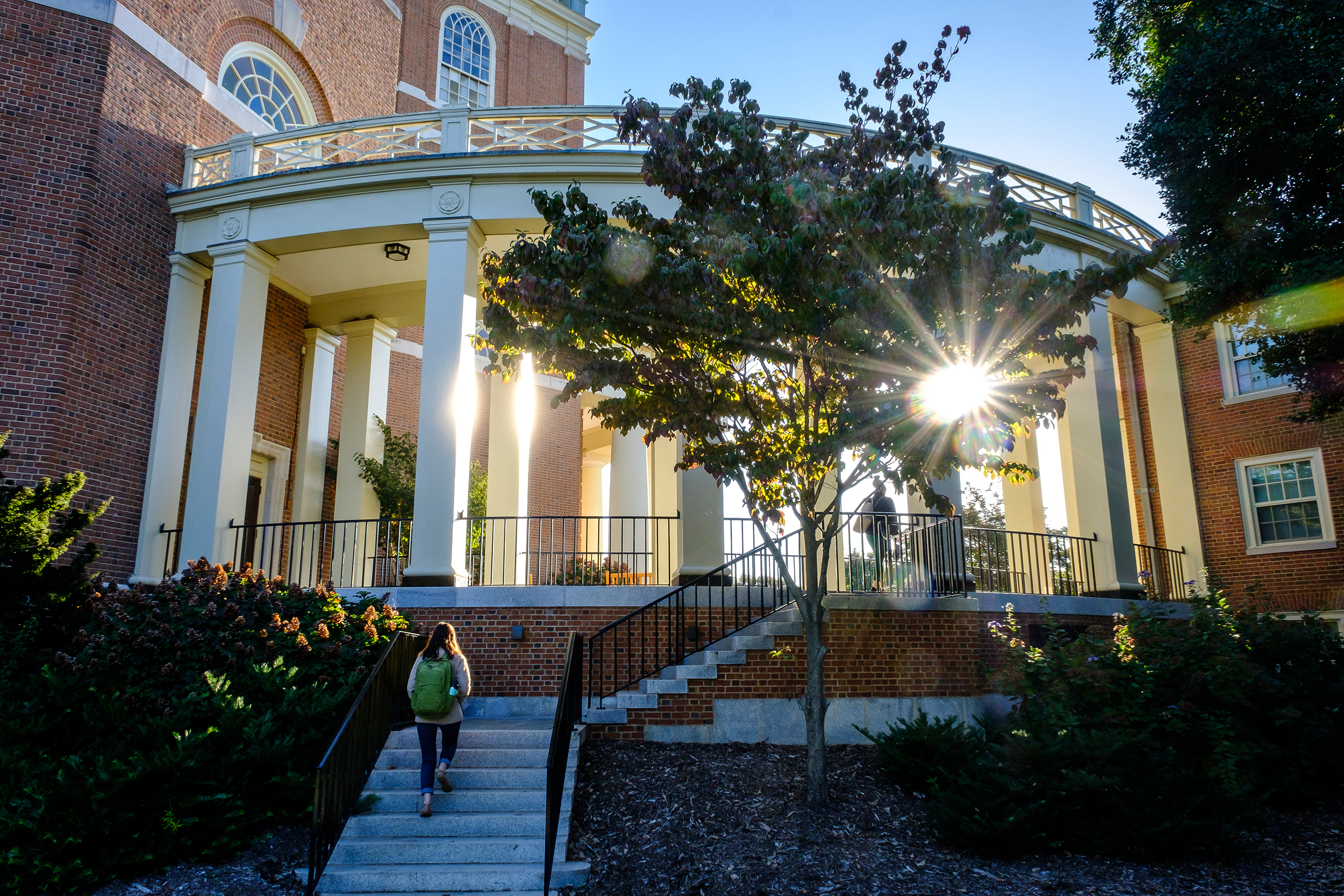Year of Globalization Foreign Film Festival Begins
The Year of Globalization and Diversity Foreign Film Festival begins Sept. 14 with the German film, “Aguirre: the Wrath of God.”
The 1972 film focuses on Lope de Aguirre, a 16th century Spanish conquistador obsessed with conquering South America and finding the fabled city of El Dorado. The film provides an early example of globalization and the effects of cultures colliding.
“Aguirre” is the first of seven films featured during the Year of Globalization and Diversity, a yearlong series of events focusing on the world’s development into a global community.
All films, which are free and open to the public, will be shown at 7:30 p.m. in Benson University Center’s Pugh Auditorium. A discussion led by a faculty member and a student will follow each film.
Each film corresponds to a different monthly topic. The Year of Globalization and Diversity is divided into monthly topics beginning with a general look at globalization and diversity in September followed by issues of identity in October; cross-cultural communication in November; human rights in January; war and peace in January; health and aging in March; and the environment in April.
The film schedule is as follows:
- September 14: “Aguirre: the Wrath of God,” 1972.
German action/adventure. Directed by Werner Herzog. The quest of Lope de Aguirre to conquer South America and find the fabled city of El Dorado. - Oct. 12: “Shall We Dance,” 1997.
Japanese comedy. Directed by Masayuki Suo. A married, middle-aged businessman begins dance lessons in the hopes of meeting a particular woman and finding what is missing in his life. Won 13 Japanese Academy Awards. - November 9: “Rashomon,” 1951.
Japanese crime drama. Directed by Akira Kurosawa. Set in ancient Japan, four witnesses to a rape and murder offer strikingly different accounts of the crime. Academy Award nominee for best (black and white) art and set direction. - January 25: “Strawberry and Chocolate,” 1993.
Comedy. Cuban filmmakers Tomas Gutierrez Alea and Juan Carlos Tabio. Life in Havana and gay-straight relations in Cuba are examined through the relationship between a young university student and a slightly older, homosexual man. - February 22: “Welcome to Sarajevo,” 1997.
Docudrama. Directed by Michael Winterbottom, produced by filmmakers in the United States and the United Kingdom. Based on the real-life experience of Michael Nicholson, a British war correspondent, during the 1992 fighting in Sarajevo. The story focuses on the risks journalists take covering a war. Nicholson’s character, upset about the plight of children, smuggles an orphaned girl out of the city so he and his wife can adopt her. - March 29: “Antonia’s Line,” 1995.
Comedic drama. Dutch film directed by Marleen Gorris. Antonia, an 88-year-old matriarch, realizes her death is near and calls for her daughter, granddaughter and great-granddaughter to be by her side. The film retraces 30 years of Antonia’s life beginning just after World War II when she had returned home to help her elderly mother. Won an academy award for best foreign language film. - April 26: “Ta Dona Fire!” 1991.
Drama. African film directed by Adama Drabo. A young man working in Mali’s Ministry of Rivers and Forests brings modern resource management techniques to villages and researches an ancient herbal remedy for childbirth.
Categories: Arts & Culture, Happening at Wake
Media Contact
Wake Forest News
media@wfu.edu
336.758.5237



